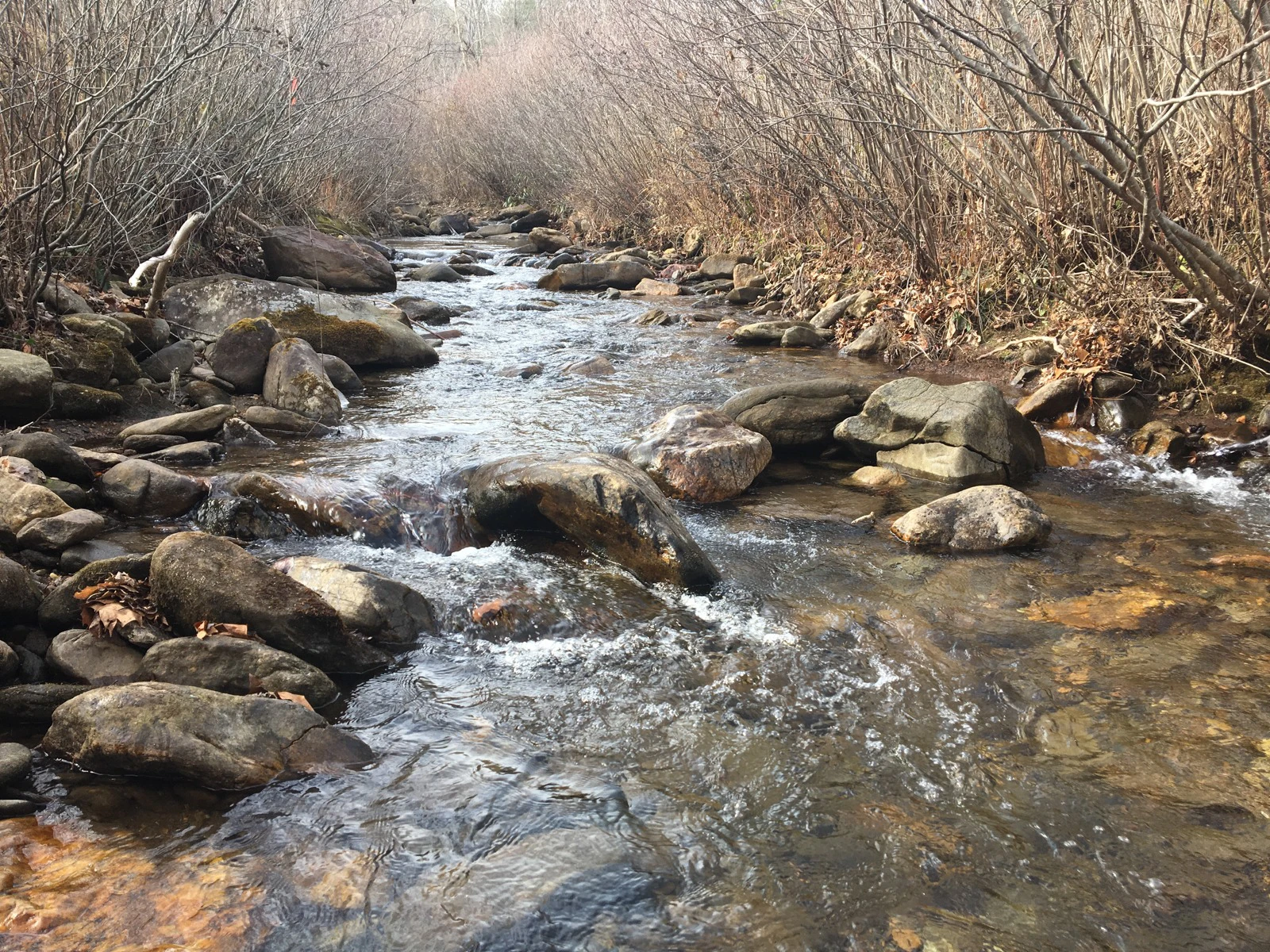The Rosemond and Wenger labs in the Odum School of Ecology at the University of Georgia are recruiting two undergraduates to assist in investigating how changing stream thermal regimes affect stream organisms and functions supported by the National Science Foundation (NSF) Research Experience for Undergraduates (REU) program. Participants will spend 10 weeks conducting research projects and developing other professional skills associated with our NSF-funded project, Carbon Response to Experimental Warming of Streams (CREWS), and the Coweeta Longterm Ecological Research site. The project is focused on quantifying warming-induced changes in detritus-based streams at the USDA Forest Service Coweeta Hydrologic Lab in North Carolina. Chosen applicants will work on one of two REU projects (see below), as well as other aspects of the larger project, from approximately May 29 through August 6 (exact dates flexible) and will earn a competitive stipend.
- Effects of stream warming on biogeochemical cycling – The objective of this REU is to develop quantitative relationships between temperature and phosphorous (P) uptake rates. Phosphorus pollution is widespread in streams and rivers and establishing these relationships are important to make predictions about how river functions will change in a warming world. Specifically, the REU will address the questions: Does temperature stimulate microbially driven P uptake according to the metabolic theory of ecology? Do we expect warmer streams to retain more or less P? The student will learn how to measure soluble reactive phosphorous in the lab and will be introduced to methodologies for measuring nutrient uptake in the field.
- Effects of warming on insect detritivore physiology – The objective of this REU is to determine how stream macroinvertebrate growth and consumption change with stream warming. Macroinvertebrates play a key role in processing of elements and materials in streams. Their response to increased temperature may affect the fates of carbon by a) increasing downstream transport or by b) promoting microbially-driven pathways and evasion of carbon to the atmosphere. The REU student will work on laboratory experiments aimed at quantifying the physiological response of macroinvertebrates to increases in temperature and will be involved with designing and carrying out lab experiments to measure thermal responses of detritivore physiology.
In addition to conducting research, participants will work on professional development (scientific literature, science communication, professional networking), and will present their research findings at a summer research conference. Applicants must be current undergraduate students who intend to continue full-time enrollment during the fall 2019 semester and be available for the entire 10-wk period. The positions are primarily based at the University of Georgia, in Athens, GA. Interested applicants should email 1) a resume/CV that includes relevant coursework and research experience, and a list of three references with contact information, and 2) a cover letter that describes interest in one or both of these projects, and how the REU experience fits with future goals and aspirations to Phillip Bumpers, Research Coordinator. Students from primarily undergraduate institutions and underrepresented groups are encouraged to apply.
Deadline for application has been extended to March 6 2019.
